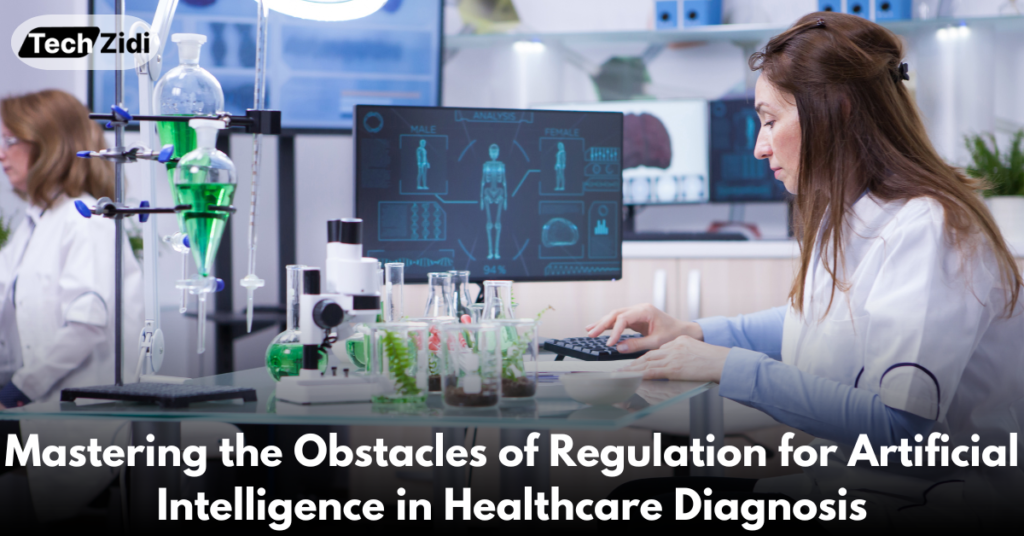Mastering the Obstacles of Regulation for Artificial Intelligence in Healthcare Diagnosis
The integration of Artificial Intelligence (AI) into medical diagnostics is accelerating, with companies like Final Frontier Medical Devices pushing the envelope with innovations capable of diagnosing multiple conditions swiftly and accurately. This integration promises faster, more precise healthcare, but regulatory bodies face challenges in ensuring safety and efficacy due to rapid technological advancements. The Food and Drug Administration (FDA), the gatekeeper of medical device regulation, finds itself in a relentless game of catch-up against the rapidly evolving nature of AI software, hampered by a dire need for more resources and authority.
Revolutionizing Medical Diagnostics
The dawn of AI in medicine envisions a world where a visit to the doctor’s office is replaced by a quick scan from a handheld device. The University of California, Santa Cruz has unveiled a portable device capable of identifying multiple viruses, DNA, antibodies, and cancer markers simultaneously. Such tools promise not only to revolutionize how diseases are diagnosed but also to significantly reduce the time and costs associated with traditional diagnostic methods. However, the swiftness and convenience offered by these AI-driven devices are matched by the complexity and unpredictability of their software, posing unprecedented challenges for regulatory bodies like the FDA.
Regulatory Challenges in the Era of Advanced AI
The FDA’s struggle to monitor the use of unregulated AI tools in medical diagnostics and treatment underscores a broader issue: the pace of technological innovation far outstrips the speed of regulatory adaptation. As AI applications become more sophisticated, they also become more difficult to evaluate with traditional methodologies. Without the necessary resources and authority to adapt its regulatory approach, the FDA faces an uphill battle in ensure that these innovative devices do not compromise patient safety.
Towards Safe and Effective AI-Driven Healthcare
A paradigm shift in how AI-powered medical devices are regulated is needed to nurture innovation while safeguarding public health. The journey ahead is fraught with challenges, but the promise of a future where diseases are diagnosed with a simple scan is within reach. The need for more powerful and resourceful regulatory bodies and collaboration across disciplines is essential to ensure the leap towards AI-driven healthcare is both safe and effective.



